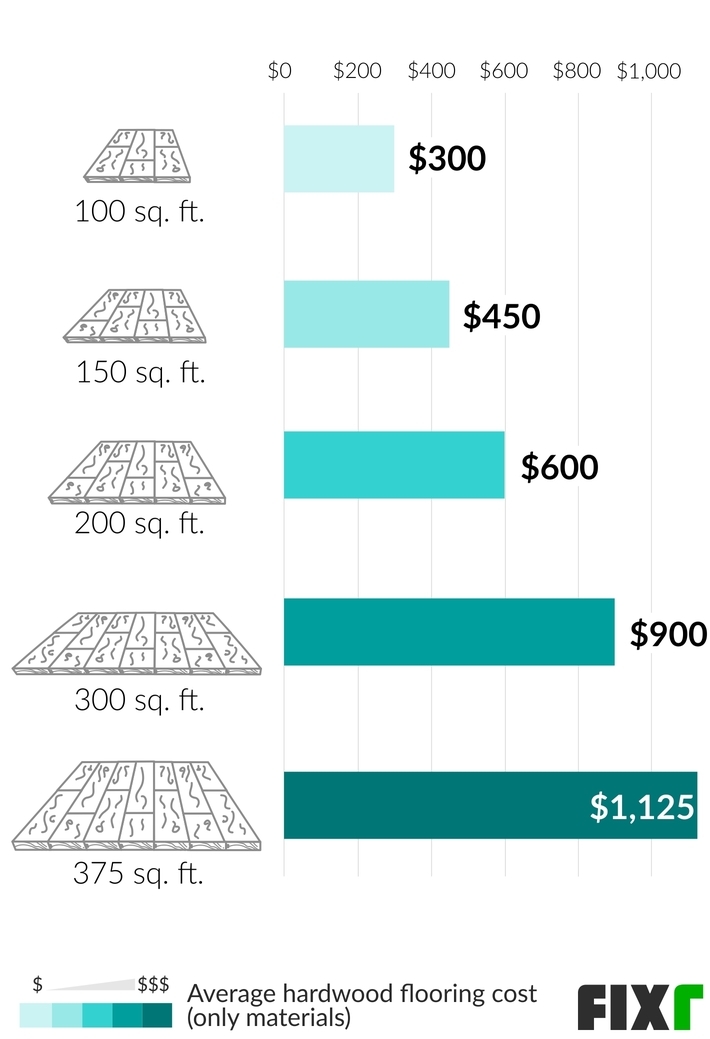Engineered hardwood floors are becoming increasingly popular as an option for homeowners looking for a stylish, durable flooring option. They are made from a composite of various wood products and are finished with a veneer that makes them look just like traditional hardwood flooring. As with any home improvement project, the cost to install engineered hardwood floors depends on a variety of factors, including the type of flooring, size of the room, and the complexity of the installation.
Types of Engineered Hardwood Flooring
The cost to install engineered hardwood floors can vary greatly depending on the type of flooring you choose. There are two main types of engineered wood flooring: engineered wood plank and engineered wood strip. Engineered wood plank is made from layers of wood bonded together and is available in a wide range of species, finishes, and widths. Engineered wood strips are made from a single layer of wood, which gives them a more uniform look. Both types of flooring are durable and can be installed directly over existing floors.
Cost of Materials
The cost to install engineered hardwood floors will also depend on the cost of the materials. The cost of engineered hardwood flooring varies widely, depending on the type, species, and finish. In general, engineered wood plank will be more expensive than engineered wood strip. Additionally, engineered wood flooring can be purchased unfinished or pre-finished, with pre-finished flooring being more expensive. For a basic installation, you will also need to purchase adhesive, underlayment, and trim.
Installation Costs
The cost to install engineered hardwood floors will also depend on the complexity of the installation. If you’re installing the flooring yourself, you’ll need to factor in the cost of renting the necessary tools, such as a power saw and compressor. If you’re hiring a professional to install the flooring, you’ll need to factor in the cost of labor. In general, the cost of installation for engineered hardwood floors is comparable to the cost of installation for traditional hardwood floors.
Additional Costs
In addition to the cost of the materials and installation, you may need to factor in additional costs for prep work and finishing. The cost of prepping the area for installation will depend on the size and complexity of the project. Additionally, you may need to factor in the cost of finishing the floor, such as staining or sealing. This cost can vary widely depending on the type of finish you choose.
Conclusion
Engineered hardwood floors are a great option for homeowners looking for a stylish, durable flooring option. The cost to install engineered hardwood floors will depend on a variety of factors, including the type of flooring, size of the room, and the complexity of the installation. In general, the cost of materials and installation for engineered hardwood floors is comparable to the cost of materials and installation for traditional hardwood floors. Be sure to factor in additional costs for prep work and finishing when budgeting for your project.















Related Posts








